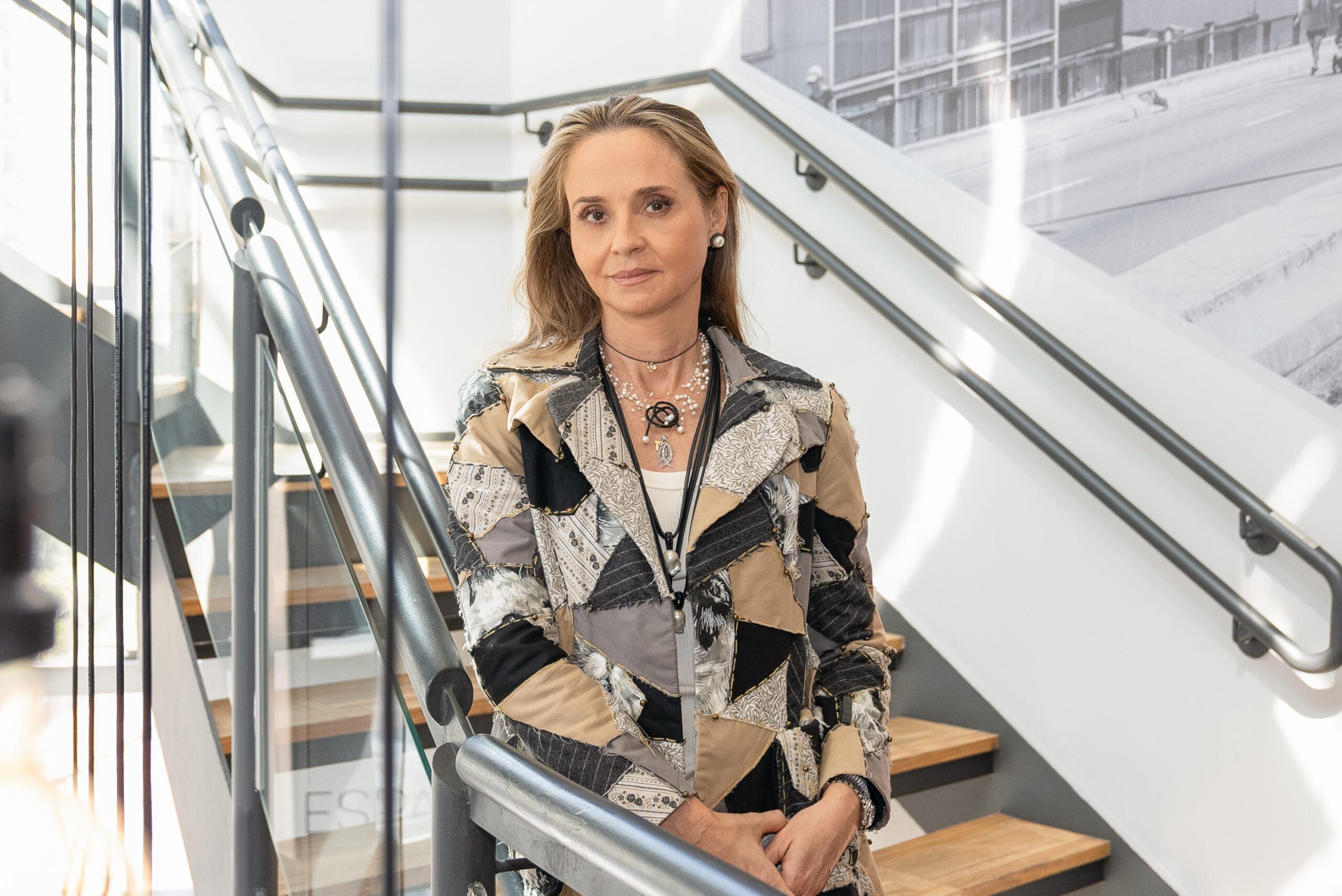The following article was originally published in Portuguese in the newspaper O Globo on October 12, 2024.
For whom has Brazil been a homeland? It may seem like a simple question, but any attempt to answer it honestly exposes some of the country’s deepest flaws. The etymology of “pátria” (Portuguese for “homeland”) suggests a connection to pater, or father, lending the word a sense of kinship and recognition. But which sons or daughters of this soil have found in the homeland a kind father or mother?
Brazil has never been a homeland for its Afro-descendant population, the majority among us, who live in a society that discriminates against, excludes, incarcerates, tortures, and kills them. As if we were stuck in an endless May 14, 1888, Black Brazilians still await the day when the abolition of slavery will mean true social integration.
Brazil has never been a homeland for the Indigenous peoples, our original inhabitants, who, from the 8 million present when the Portuguese arrived, now number less than 1.7 million, isolated in territories they defend against illegal deforestation and mining, which threaten the climate worldwide. Today, their lands suffer large-scale fires. Turned into firefighters to combat the flames, they face threats and are killed by the same interests that have hunted them since colonization.
Brazil has never been a homeland for its incarcerated population, who face state violence, recruitment by criminal factions, and inhumane conditions in overcrowded prisons. With 852,000 people imprisoned, our country ranks third in incarceration globally, according to the Public Security Yearbook. Mass incarceration only puts more people under the control of these factions. Our prisons are the main symptom of a country that does not recognize some of its own sons and daughters, turning them into social pariahs.
Brazil has never been a homeland for those who have been released from this prison system, whose post-incarceration future is not supported by job training, education assistance, or strengthened social ties. Unprepared to return to freedom, marked by the stigma of “ex-prisoners,” they remain vulnerable to addiction, violence, and crime.
Brazil has also never been a homeland for those who stood against the authoritarian dictatorship of 1964. Today, it is not a homeland for the majority of its female population, victims of harassment and structural misogyny. It is not a homeland for people with disabilities, the elderly, or neurodivergent individuals. It is not a homeland for the diversity of sexual orientations and gender identities among us.
Redemocratization will only be complete when it integrates its excluded, violated, and unrecognized segments of the population. For this, the privileges of the country’s included segment — the few for whom there is a homeland — must be reassessed. I am not speaking only of the business community, which is partly aware of its obligations to society, but especially of members of the Executive, Legislative, and Judicial branches of power.
Many treat public matters as private property, more concerned with their personal prominence than with their mandate or robes. They break the civic contract with flashy laws and embarrassing monocratic decisions, which take decades to come. Not to mention the misuse of public funds, which they claim is insufficient to provide quality services to the population but flows freely in secret amendments that do not benefit those most in need, as they serve only the purposes of their political negotiations.
For all these reasons, more than the empty patriotic rhetoric heard each September 7th, hijacked by populism, it is necessary to build a real homeland that recognizes all its children without distinction and guarantees rights to everyone, without anarchy and without empty theology. After all, the kingdom of God will not come to a country that is not a homeland for its gentlest people.
Patrícia Villela Marino, lawyer, is a member of the National Council of Criminal and Penitentiary Policy and president of the Humanitas360 Institute.





